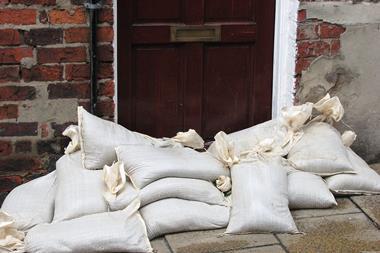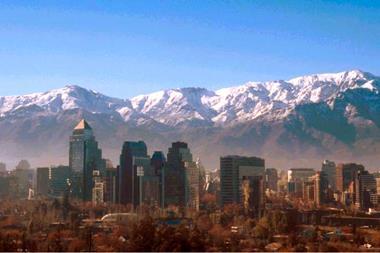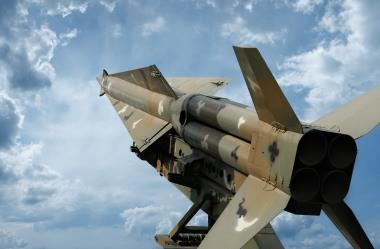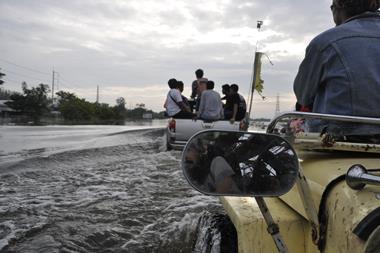For me one of the most fascinating trends in risk today is the way globalisation has created strong links between so many different parts of the world, so that a crisis in one region is hardly ever contained within that zone alone.
The interconnected nature of risk is all around us. It was visible in the Japanese earthquake/tsunami/nuclear crisis and then, more recently, the floods in Thailand, which both had a devastating impact on corporate supply chains.
But the growing eurozone crisis is perhaps one of the most important manifestations of this risk phenomenon at present. As the manufacturing power house of the world China is heavily exposed to falling demand in Europe, caused by the debt crisis, falling consumer confidence and government austerity measures. But China is not the only emerging market to feel the pinch, India and Brazil, two other key emerging economies, are also heavily exposed.
Taking China to begin with, the government there is already saying that its ability to keep growth high is reaching its limits. To stop Chinese workers from rising up in protest the government has to sustain a level of economic prosperity. But this is now under threat.
“China is not as safe as it was perceived to be a year ago,” says Mal Bozic, assistant director of risks at Aegis Advisory. “There are big questions around dissent and economic sustainability.”
Within the next three years the risk of violent labour unrest is likely to grow
Within the next three years the risk of violent labour unrest is likely to grow, according to Exclusive Analysis, as a result of Chinese companies’ reduced ability to raise workers’ living standards because of falling demand in the West.
In another demonstration of the inter-connected nature of risk, real time use of social media (like Twitter and Facebook) is also likely to increase the scale and speed of these protests, because the demonstrators will be able to coordinate and organise themselves much more efficiently.
Other emerging economic would be badly affected by slower production in China, because China gets lots of its raw materials from places like Latin America and Africa. Bozic explains: “The great strides of progress in these other emerging markets could not necessarily continue on the current trajectory if China’s economy doesn’t continue to grow.”
Seen in this context it’s easy to see how China lending money to help Europe’s ailing economies—as has been mooted recently—is in its interest, because it gives China the option to grow out of its problems.
India and Brazil are two other countries that analysts have their concerns about. India could be severely affected if Italy, one of its key trading partners, was to default on its debt, for example. Meanwhile Brazil is facing economic challenges as the eurozone crisis threatens Spain and Portugal.
While Indian banks have limited exposure to the eurozone banking crisis, Italy is a key trading partner accounting for 11.5 % of Indian exports. India would be rocked if Italy defaults, which is “highly probable”, said Exclusive Analysis. As a result, just like China, India has indicated its support for a eurozone bailout mechanism.
India and Brazil are two other countries that analysts have their concerns about
Elsewhere in Europe, if Spain, Europe’s fifth biggest economy, defaults on its debt then Spanish companies with assets in Brazil might sell them off to raise capital, explained Exclusive Analysis. Spanish bank Santander, for example, is also the fifth largest bank in Brazil. It is likely to lose market share as a result of writedowns against European sovereign debt. The bank holds $69bn of PIIGS (Portugal, Ireland, Italy, Greece, Spain) debt.
Besides the banking sector the crisis also threatens the market share for Brazil’s car manufacturers and telecoms companies, warned the analysts. Commented Exclusive Analysis: “Telefónica’s Vivo is likely to lose market share to its main competitor Oi and Fiat will lose to Toyota and Honda amongst others.”
Commodity prices are also falling sharply and these are one of Brazil’s key exports, leading to a sharp fall in the country’s export revenues.
Demonstrating just how complicated the global web of trade is, economic decline in Europe threatens to hit Brazil even more by slowing down China’s economy, the largest importer of Brazilian goods. “If Brazilian growth rates drop it could lead to considerable unrest in the favellas,” added Bozic.
Unfortunately there’s not much that individual companies can do to prevent these macro-economic trends. All they can do is be prepared to mitigate the risks once they arise and make sure they are resilient enough to ride out the economic storm. Diversification in terms of assets, markets and revenues is a good way of ensuring that all your eggs aren’t in the same basket.




















No comments yet